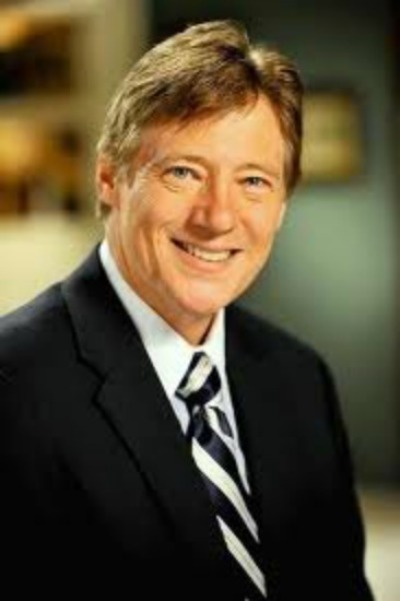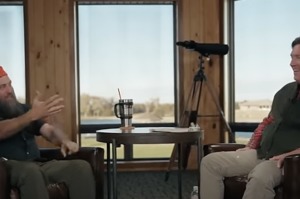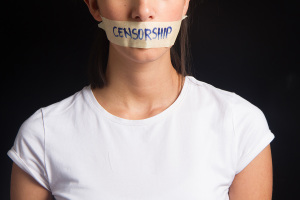Liberal Outcry: Jindal Calls for 'National Revival'

Louisiana Governor Bobby Jindal did something supposedly "controversial." He called for a national revival.
As a Washington Post article by Rosalind S. Helderman noted: "Skipping an Iowa event that drew a number of 2016 Republican presidential hopefuls in favor of a controversial Louisiana prayer rally, Louisiana Gov. Bobby Jindal (R) called for a national spiritual revival and urged event attendees to proselytize on behalf of their Christian beliefs."
According to Helderman, Jindal insisted this was a religious event, not a political one. The rally was founded by American Family Association.
Jindal said: "Let's all go plant those seeds of the gospel….Share the good news with all whom we encounter."
He added: "We can't just elect a candidate to fix what ails our country. We can't just pass a law and fix what ails our country….We need a spiritual revival to fix what ails our country."
So, what makes the rally so "controversial"? Is it the liberal protesters outside the rally? For those aware of America's history, there should be nothing controversial about Governor Jindal's appearance at the rally.
America was born as a result of a national revival, known as the First Great Awakening.
It began in the 1730s under the preaching of the humble and brilliant Jonathan Edwards. And it was spread from colony to colony through many itinerant preachers, but especially Rev. George Whitefield, a British evangelist who spoke to thousands in a day long before microphones.
Sarah Edwards, Jonathan's wife, said this about the impact of George Whitefield's messages: "It is wonderful to see what a spell he casts over an audience by proclaiming the simplest truths of the Bible. . . . Our mechanics shut up their shops, and the day laborers throw down their tools to go and hear him preach, and few return unaffected."
Whitefield returned repeatedly to America. The great British historian Paul Johnson, author of A History of the American People, writes: "[H]e returned again and again to the attack—seven continental tours in the thirty years from 1740—and all churches benefited from his efforts…"
Even Ben Franklin, clearly not orthodox in his theology, commented on the social effects of the revival and of Whitefield's preaching: "It was wonderful to see the change soon made in the manners of our inhabitants. From being thoughtless or indifferent about religion, it seemed as if all the world were growing religious, so that one could not walk through the town in an evening without hearing psalms sung in different families of every street."
The founders made it clear that our republic depended on the people being virtuous and that religion was the means by which the people would be virtuous. You can see this in Washington's Farewell Address.
You can see it in this famous quote from John Adams: "Our Constitution was made for a moral and religious people. It is wholly inadequate to the government of any other."
Thomas Jefferson---who later in life privately held unorthodox beliefs, while regularly worshiping in orthodox services, which he supported financially---was a champion of religious freedom. So was his friend and compatriot, James Madison; and they were therefore heroes in their day among the evangelicals. They lived in the Piedmont region of Virginia, which was a hotbed of revivalism and a part of what we now call the Second Great Awakening. That movement helped give birth to the abolition of slavery.
During the dark days of the Civil War, Abraham Lincoln proclaimed April 30, 1863 as a national day of fasting and prayer. In his proclamation, he noted, "We have grown in numbers, wealth and power, as no other nation has ever grown. But we have forgotten God."
Today, we need to wake up from our national amnesia. We kick God out of all of our institutions, then we turn around and get mad at Him for not intervening when some national calamity hits. This reminds me of the verse in Proverbs that says, "A man's own folly ruins his life. Yet his heart rages against the Lord."
So, when any modern leaders, like Governor Jindal, assert that America needs a new spiritual awakening, they are the ones in touch with our nation's history---not the modern intelligentsia that views the religious right as interlopers to an otherwise blissful secular state.



























